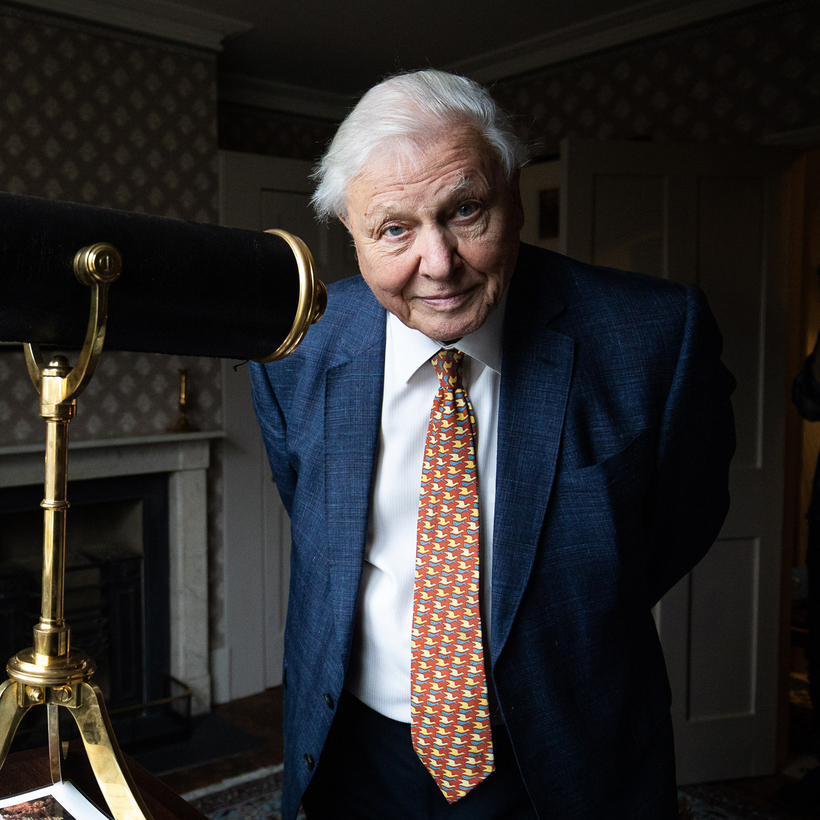The secret to repairing humanity’s relationship with nature? Sitting quietly in the woods, according to Sir David Attenborough.
The naturalist has urged people to spend a few minutes silently contemplating the glories of the natural world, saying “extraordinary things happen” when you are alone in the countryside.

